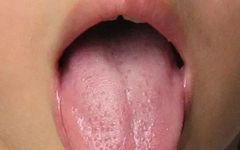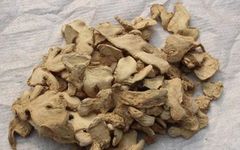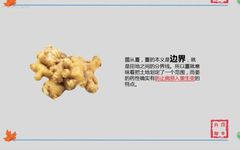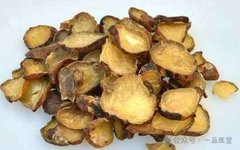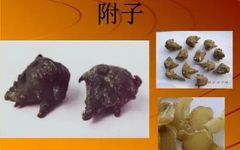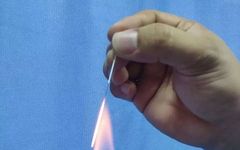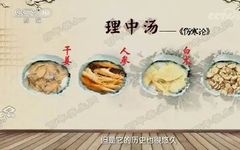Five Types of Tongue Coating Symptoms and Corresponding Treatment Plans
▍Source: DianxuntongIn Traditional Chinese Medicine (TCM), “tongue diagnosis” is generally divided into three parts: tongue body, tongue coating, and tongue shape. Tongue coating diagnosis is one of them. The tongue coating is a thin, white, and moist layer on the dorsal surface of the tongue, composed of shed keratinized epithelium, saliva, bacteria, and food debris.(Normal … Read more

